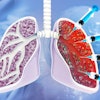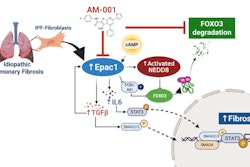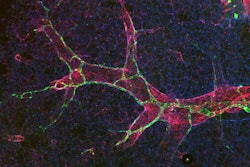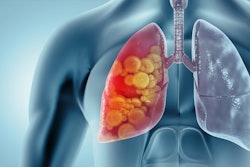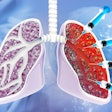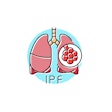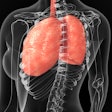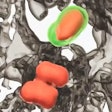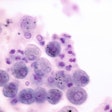
The U.S. Food and Drug Administration (FDA) has approved the first treatment for non-cystic fibrosis bronchiectasis (NCFB) in adults and children 12 years and older. Brinsupri (brensocatib) is an once-daily, oral drug therapy developed by global biopharmaceutical company Insmed Incorporated.
The FDA approval is based on data from the phase 2 WILLOW and phase 3 ASPEN studies, which were both published in the New England Journal of Medicine in 2020 and 2025, respectively. In the ASPEN trial, patients taking Brinsupri in 10 mg or 25 mg dosed tablets had a 21.1% and 19.4% respective reduction in annual rate of exacerbations as compared to placebo. Both dosage strengths also met several exacerbation-related secondary endpoints, including significantly prolonging the time to first exacerbation and significantly increasing the proportion of patients remaining exacerbation-free over the treatment period.
Patients who received Brinsupri 25 mg experienced statistically significant less decline in lung function, as measured by forced expiratory volume in one second (FEV1) after using a bronchodilator at week 52.
The safety of Brinsupri was evaluated in both studies. The most common adverse reactions of equal to or more than 2% in the ASPEN trial included upper respiratory tract infection, headache, rash, dry skin, hyperkeratosis and hypertension. The safety profile for adult patients with NCFB in the WILLOW trial was generally similar, except for a higher incidence of gingival and periodontal adverse reactions then ASPEN.
There are approximately 500,000 people in the United States diagnosed with NCFB, and it is estimated that millions more are living with this disease globally. Unlike other respiratory diseases that are characterized by airway narrowing, bronchiectasis causes airways to permanently widen, making it harder to clear mucus and bacteria and leading to persistent inflammation and infection.
“Non-cystic fibrosis bronchiectasis deeply affects the lives of people living with this chronic lung condition, impacting both their physical health and emotional well-being,” said Elisha Malanga, executive director of the Bronchiectasis and NTM Association, in a press release. “Many patients experience frequent flares, which can disrupt daily life and potentially lead to disease progression. The FDA approval of brensocatib represents a significant and long-awaited advancement as the first approved therapy for [NCFB]. Our hope is that treatments like this will enable people with bronchiectasis to manage their condition.”
Brinsupri is a first-in-class dipeptidyl peptidase 1 (DPP-1) inhibitor, designed to inhibit the activation of enzymes (neutrophil serine proteases) in neutrophils that are key drivers of chronic airway inflammation in NCFB. Brinsupri is the first approved therapy to address the underlying inflammatory process of NCFB.




